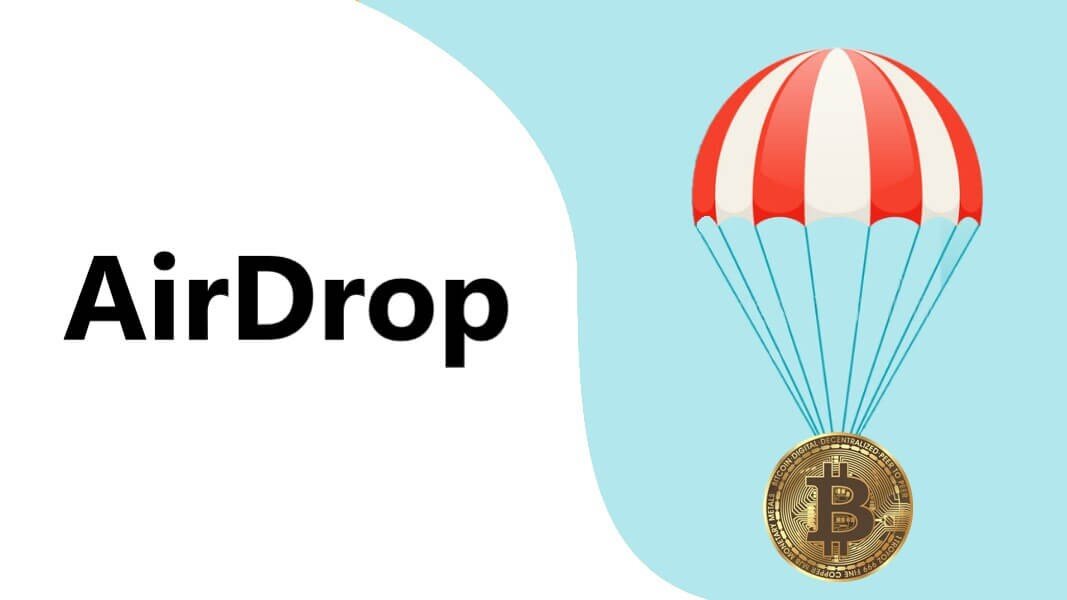Cryptocurrency Exchanges: Your Gateway to Trading Ethereum

Cryptocurrency exchanges play a pivotal role in the digital asset ecosystem, serving as platforms where users can buy, sell, and trade various cryptocurrencies, including Ethereum. As the second-largest cryptocurrency by market capitalization, Ethereum has garnered particular attention from both traders and investors. Utilizing a reliable exchange not only simplifies the process of acquiring Ethereum but also enhances overall trading experience. Notable exchanges like Binance, Coinbase, and Kraken offer seamless e-commerce-like platforms that allow users to trade Ethereum with ease. It's crucial to select a reputable exchange that safeguards users’ investments through robust security measures. Additionally, understanding the trading fees associated with these exchanges can save users a considerable amount of capital when trading Ethereum. Many platforms feature diverse trading pairs, enabling traders to exchange Ethereum for Bitcoin, Ripple, or stablecoins. In recent years, decentralized exchanges (DEXs) have emerged, allowing users to trade directly from their wallets, providing enhanced privacy and reduced reliance on centralized platforms. When engaging in trading on an exchange, keeping an eye on market trends and updates is essential for making informed decisions, as Ethereum's prices can be highly volatile. Regularly collaborating with online communities and leveraging tools for technical analysis can further improve strategies. As Ethereum evolves with the introduction of smart contracts and decentralized applications, staying updated on industry changes will be beneficial. #CryptocurrencyExchanges #TradeEthereum #Ethereum #BlockchainTechnology #CryptoTrading #DecentralizedExchanges #EthereumInvestment #TradingFees #DigitalAssets #Altcoinscoins
HASHTAG: crypto market cap, KuCoin, ve-tokenomics, state channels, hybrid smart contracts, decentralized exchange, Curve DAO, consensus mechanism, Tendermint, launchpad, merged mining, Nifty Gateway
NEWS: TOKENNEWS
Back